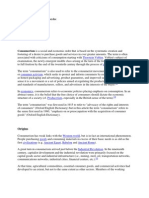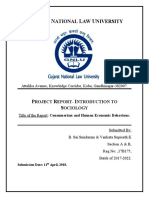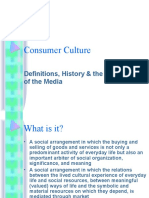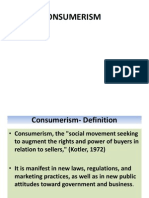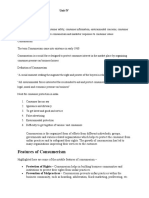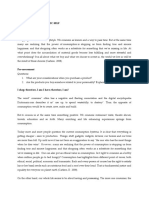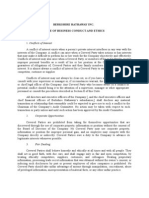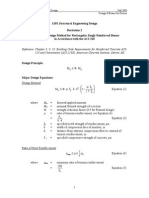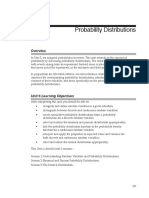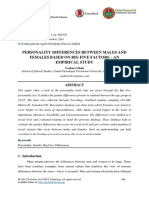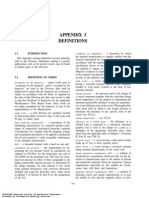0% found this document useful (0 votes)
74 views9 pagesConsumerism and Advertising: in Partial Fulfilment of The Subject ECON "BASIC ECONOMICS With AGRARIAN REFORM &
This is a term paper introduction about consumerism. In this chapter, we look at the rights of the consumer and consider two perspectives on advertising. In the process of maximizing the utility he derives from consuming a bundle of goods and services, the consumer needs to be made aware of his rights and privileges.
Uploaded by
Do Min JoonCopyright
© © All Rights Reserved
We take content rights seriously. If you suspect this is your content, claim it here.
Available Formats
Download as DOCX, PDF, TXT or read online on Scribd
0% found this document useful (0 votes)
74 views9 pagesConsumerism and Advertising: in Partial Fulfilment of The Subject ECON "BASIC ECONOMICS With AGRARIAN REFORM &
This is a term paper introduction about consumerism. In this chapter, we look at the rights of the consumer and consider two perspectives on advertising. In the process of maximizing the utility he derives from consuming a bundle of goods and services, the consumer needs to be made aware of his rights and privileges.
Uploaded by
Do Min JoonCopyright
© © All Rights Reserved
We take content rights seriously. If you suspect this is your content, claim it here.
Available Formats
Download as DOCX, PDF, TXT or read online on Scribd
/ 9
